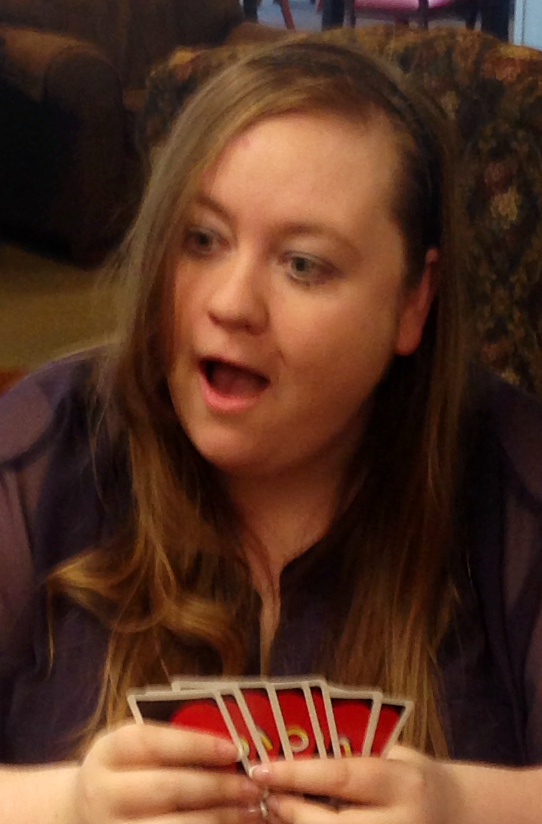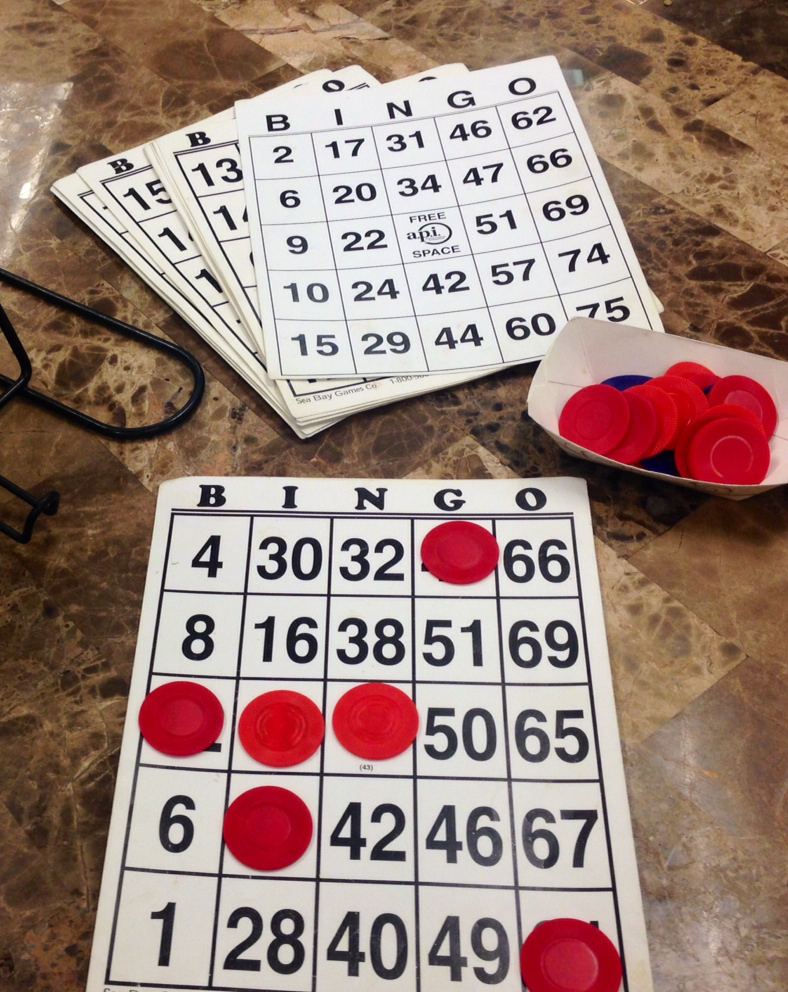The first thing that stands out about Mary1 is her restlessness. At 87 years of age, Mary is a familiar figure pacing the hallways at a local assisted living facility for seniors, her small frame practically bouncing with energy. Every time I walk through the door, Mary practically skips over to me in delight, loudly proclaiming, “How ya doin,’ honey?” before bombarding me with questions on when the next activity starts. Her face beams a warm smile as she searches tirelessly for a puzzle or movie, anything to keep herself preoccupied with a task more interesting than the last. Yet despite her constant and immediate friendliness, Mary hardly ever remembers my name. She often introduces herself to me as if we’ve never met, and it is not uncommon for her to forget the way to her room. These are not isolated incidents, but rather a persistent pattern stemming from Mary’s increasingly debilitating condition; like millions of other Americans, she suffers from Alzheimer’s disease.

With memory lapses, disorientation, and confusion such as this, Mary’s disease can be a haunting one. She struggles at times with remembering her daily routine and identifying the environment around her. But there is one part of her week Mary never forgets –Bingo. Mary is the first person to arrive for it and usually one of the last to leave. Throughout each round Mary’s restless energy becomes more and more focused, her eyes intent on finding each number called as she places chips on the cards in front of her. Her usual fog of confusion and reticence with the other residents gradually dims, creating a sense of awareness she normally doesn’t possess. By the end of the game, Mary is inevitably all smiles, laughing and chatting with ease over ice cream with her fellow Bingo players.

Mary’s reaction to Bingo is not surprising given what researchers have discovered about the effects games have on Alzheimer’s disease as well as dementia. Regular exposure to games as simple as Bingo or somewhat more challenging like Tsuro can halt the progression of amyloid-beta, a brain plaque that scientists have linked to the onset of dementia. Studies have found that playing tabletop games such as board games or cards can provide more awareness and lucidity for up to five hours afterward as witnessed in patients like Mary.2 While games will unfortunately not free someone of dementia, the regular use of games as a form of therapy can help slow dementia’s effects on the brain. The ability of games to strengthen mental stamina makes them a simultaneously powerful and enjoyable tool for seniors combating dementia-related issues.3
The benefits of tabletop games extend to all seniors, not just those experiencing dementia. Researchers assure us that regularly playing such games has a positive impact on the brain, helping each individual stay sharp and reducing their likelihood of experiencing dementia later on in life. This impact becomes even more pronounced with games that involve patterns and/or strategy elements.4 Along with the cognitive benefit, games expose seniors to increased social interactions, enabling them to break out of any solitary routines they may have and make new friends.5
We’ve all heard games described as being fun for people of all ages and seniors certainly fit this adage. The game market continues to expand with options to appeal to a wide variety of individuals including seniors. These games can be relatively simple and take only 15 minutes to play or they can be elaborate, strategy-based games that last hours. Expansions and even travel versions are often available for the more popular board games, making them easy to tote along on vacations or to friends’ homes. Games don’t have to be simply competitive either – cooperative board games requiring collaboration amongst players in order to win are growing in popularity, fostering a sense of teamwork and unity. In other words, games aren’t simply a pastime for children, but are rather a fun activity for adults as well. They offer us a great opportunity to engage our minds and share a laugh with friends, making them an ideal way to pass the time with that favorite senior in your life. For me the highlight of my weekend was picking out a game with Mary.
Notes and references
To protect this individual’s privacy, her name has been changed to Mary for the purposes of this story.
“Bingo v. Physical Intervention in Stimulating Short-Term Cognition in Alzheimer’s Disease Patients,” by B. Sobel, 2001, Alzheimer’s Disease & Other Dementias 16, no. 2, p. 115-120, March/April 2001.
“Leisure Activities and the Risk of Dementia in the Elderly,” by J. Verghese, R.B. Lipton, M.J. Katz, C. Hall, and C. Derby, 2003, The New England Journal of Medicine 348.25, p. 2508-16.
Ibid.
“Activities of Daily Living, Depression, and Social Support Among Elderly Turkish People,” by O. Bozo, N. Toksabay, and O. Kurum, 2009, The Journal of Psychology 143.2, p. 193-205, Mar 2009.
